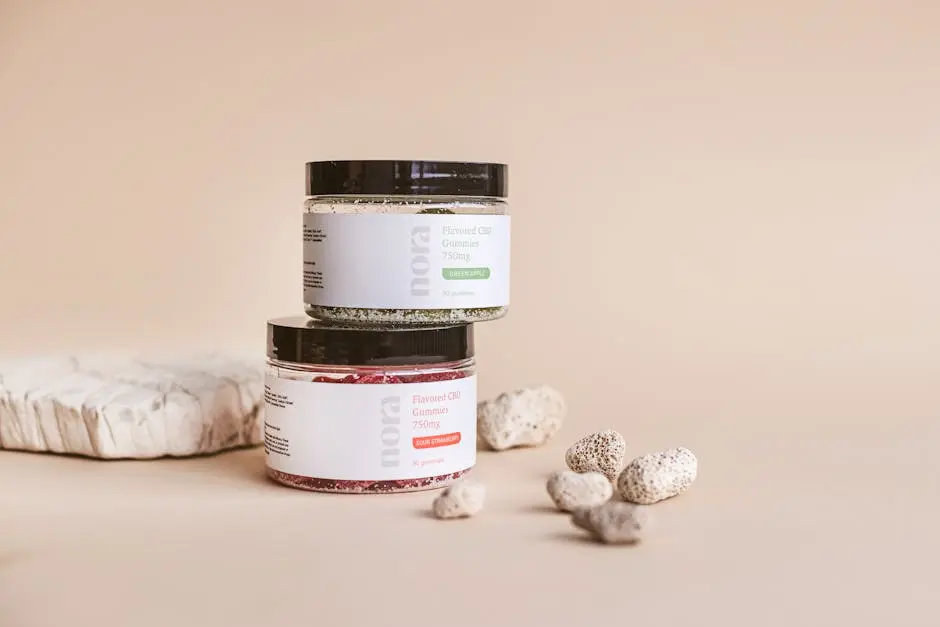Health gummies have become a popular choice for those seeking a tasty way to incorporate vitamins and supplements into their daily routine. But how exactly do they fit into a balanced diet? In this FAQ, we’ll explore the purpose of health gummies, their nutritional value, and tips for integrating them into your meals.
Understanding Health Gummies
Health gummies are chewy supplements that often contain vitamins, minerals, and other beneficial ingredients. They’re designed to provide an easy and enjoyable way to meet your nutritional needs.
You might wonder how these delicious little treats can fit into your nutrition plan. The magic lies in their formulation, which aims to bridge the gap for people who struggle to get their daily vitamins from food alone.
While they offer a fun alternative to traditional pills, it’s crucial to treat them as a supplement, not a substitute. So, understanding their role can help everyone maximize their health benefits.
Assessing Nutritional Value
It’s important to review the nutritional content of health gummies. Check for added sugars, artificial flavors, and the actual amounts of vitamins they provide to ensure they align with your dietary goals.
Gummies can vary widely in quality and efficacy. This variability means not all health gummies are created equal. For instance, some may boast impressive amounts of Vitamin C while skimping on vital nutrients like B vitamins or omega-3 fatty acids.
Moreover, understanding the ingredient list helps in identifying potential allergens or unwanted additives. Reading labels is an essential step to ensure what you are consuming supports your health journey.
In fact, many people overlook the sugar content, believing gummies to be a harmless snack. However, moderation is key; overindulgence can lead to unwanted calories and derail your health goals.
Integrating Gummies into Your Diet
When adding health gummies to your diet, consider how they can complement your meals. They can be a convenient option for busy days but should not substitute for whole food sources of nutrition.
For example, you might choose to take a gummy vitamin in the morning as a quick and easy addition to your breakfast routine. This not only provides a burst of nutrients but also adds a little enjoyment to your day.
However, it’s essential to remember that a balanced diet focuses primarily on whole foods, rich in protein, fiber, and healthy fats. Think of gummies as a sweet sidekick rather than the hero of your dietary story.
As you plan your meals, consider the role of health gummies in relation to fruits, vegetables, and lean proteins. This holistic approach not only supports better nutrition but also creates a more sustainable eating plan.
Consulting with Health Professionals
Before incorporating health gummies regularly, it’s wise to consult with a healthcare provider or a registered dietitian. They can help you determine the right types and amounts for your individual health needs.
This step is particularly important for individuals with specific health conditions or those taking other supplements or medications. A professional can guide you to ensure you’re not overdoing it on certain vitamins, which could lead to adverse effects.
Furthermore, they can provide insights on how to ensure you’re getting a diverse range of nutrients from your diet. Remember, the goal is to enhance your overall nutrition, not just focus on isolated supplements.
In essence, working alongside a healthcare professional can empower you to make informed decisions about integrating health gummies into your daily regimen effectively and safely.
Final Thoughts on Health Gummies and Balanced Diets
Incorporating health gummies into your diet can be beneficial, but it’s essential to approach them with balance and mindfulness. Remember that they should complement a well-rounded diet, not replace whole foods or essential nutrients.




